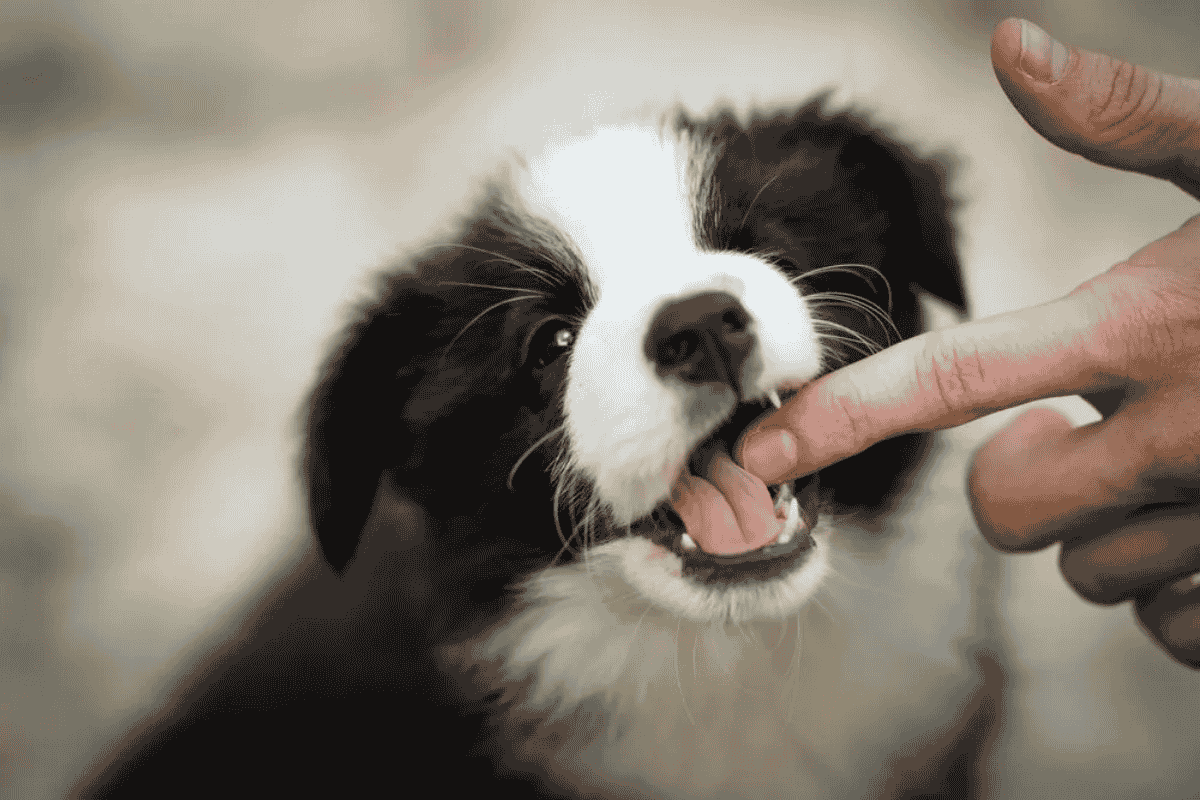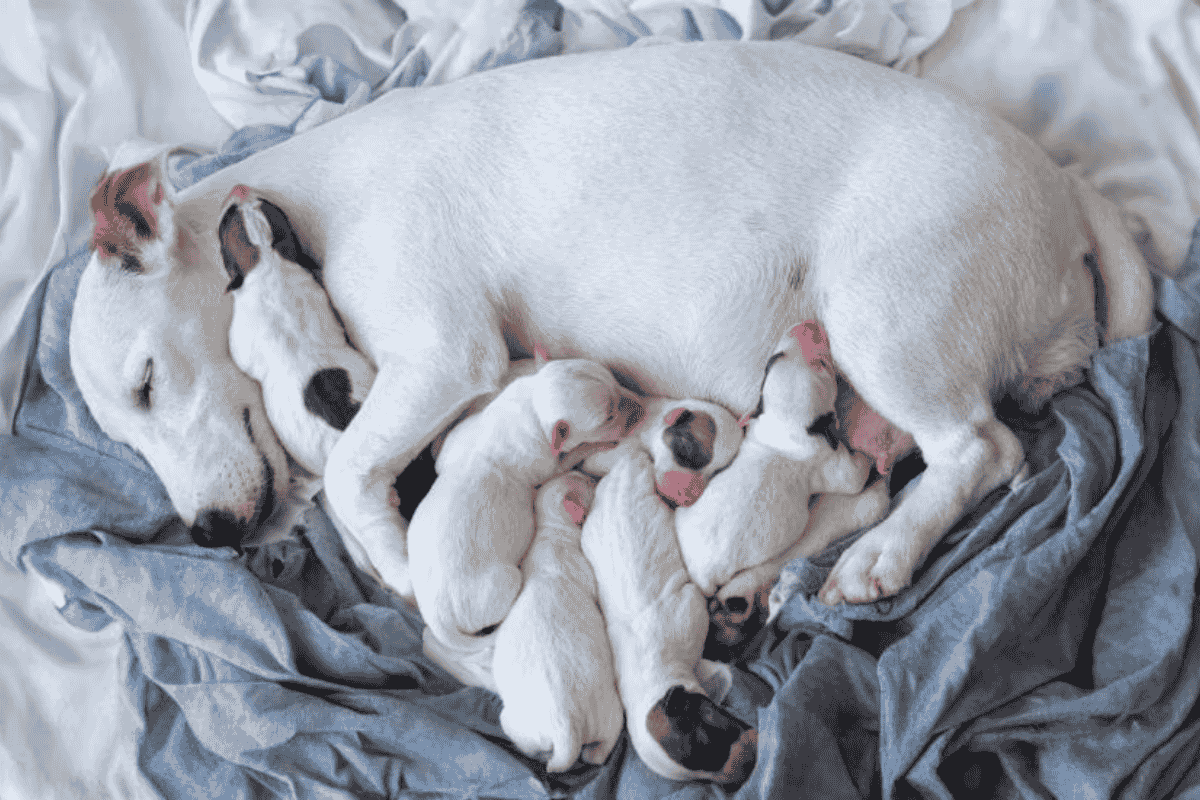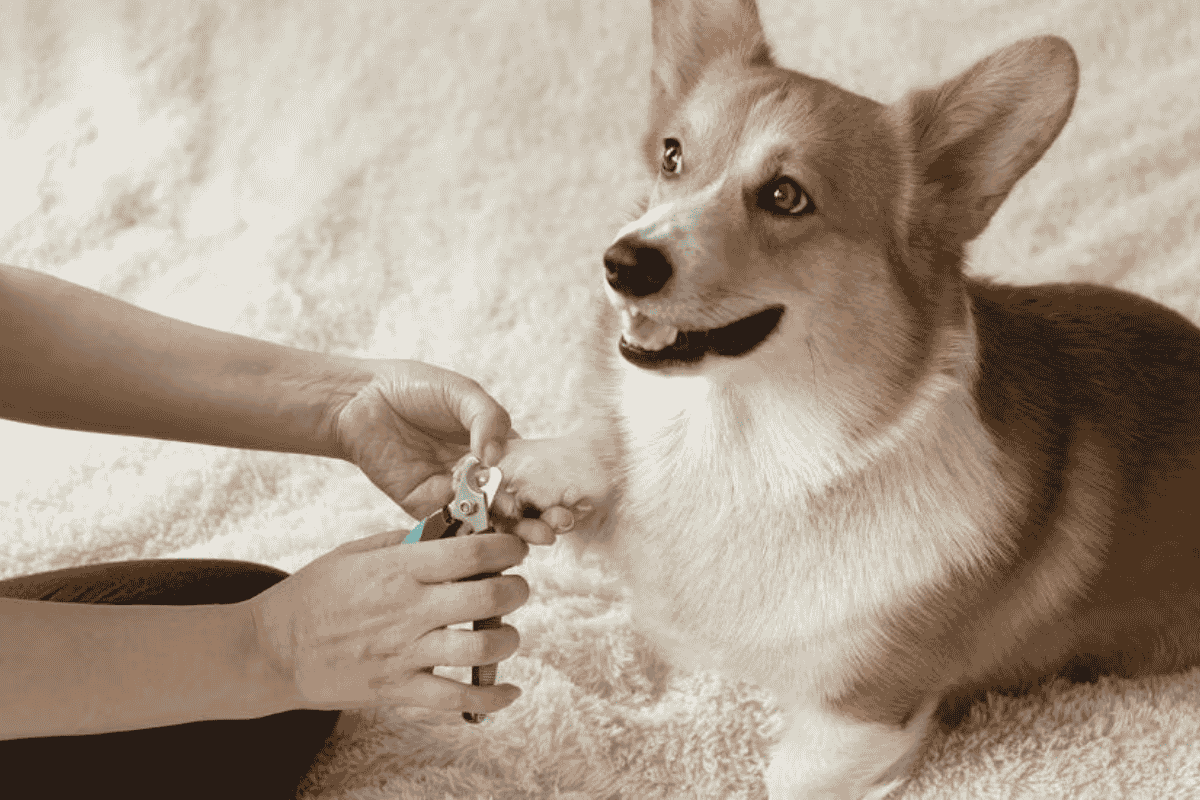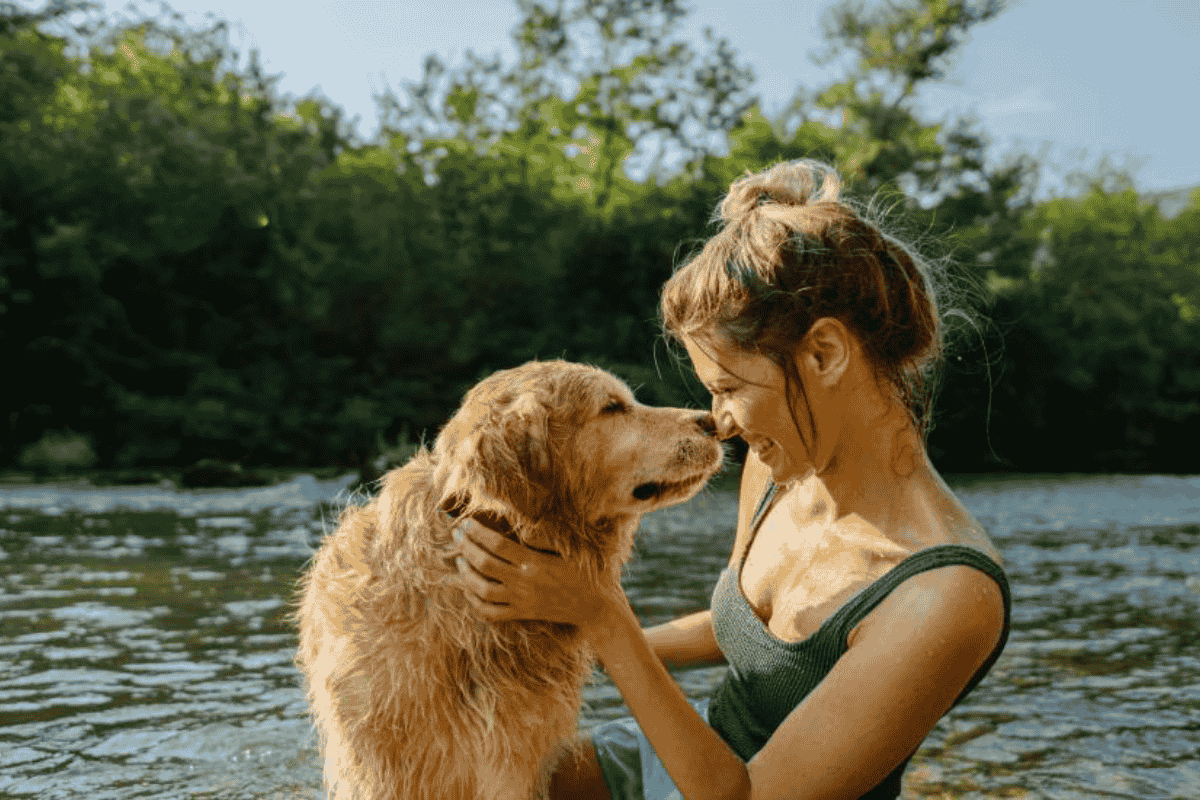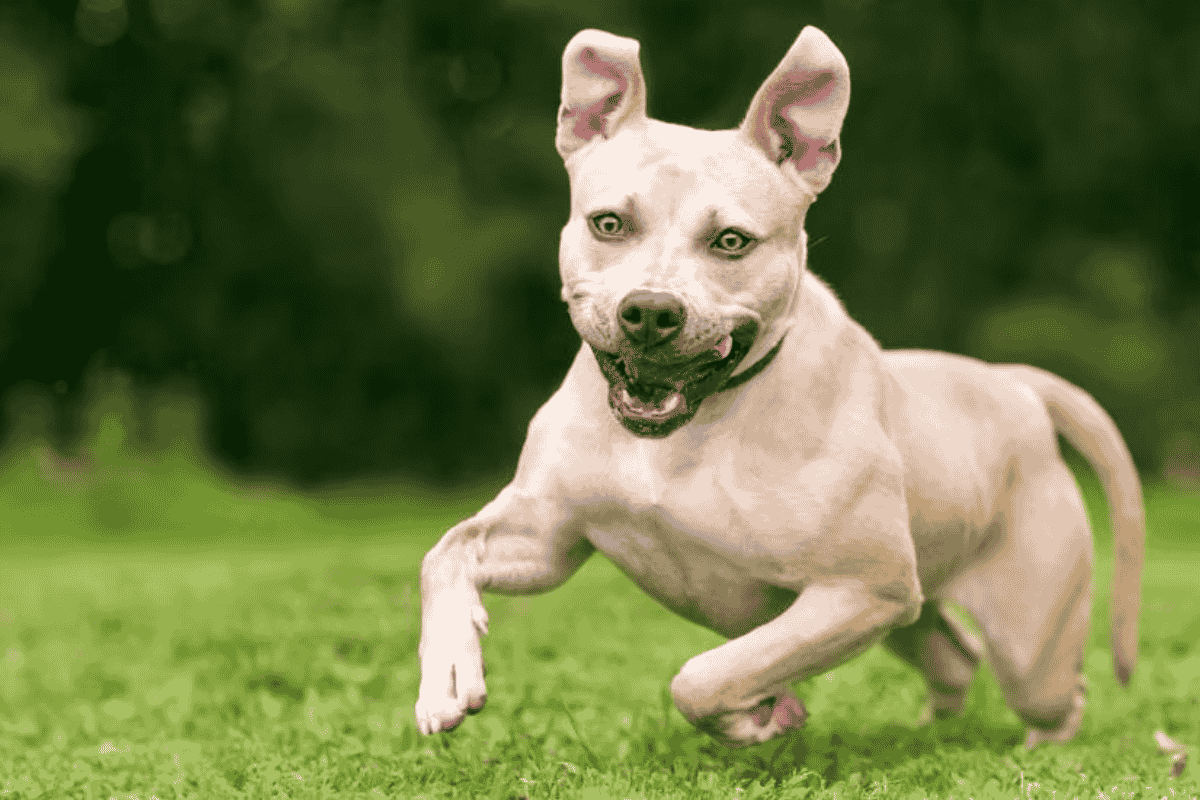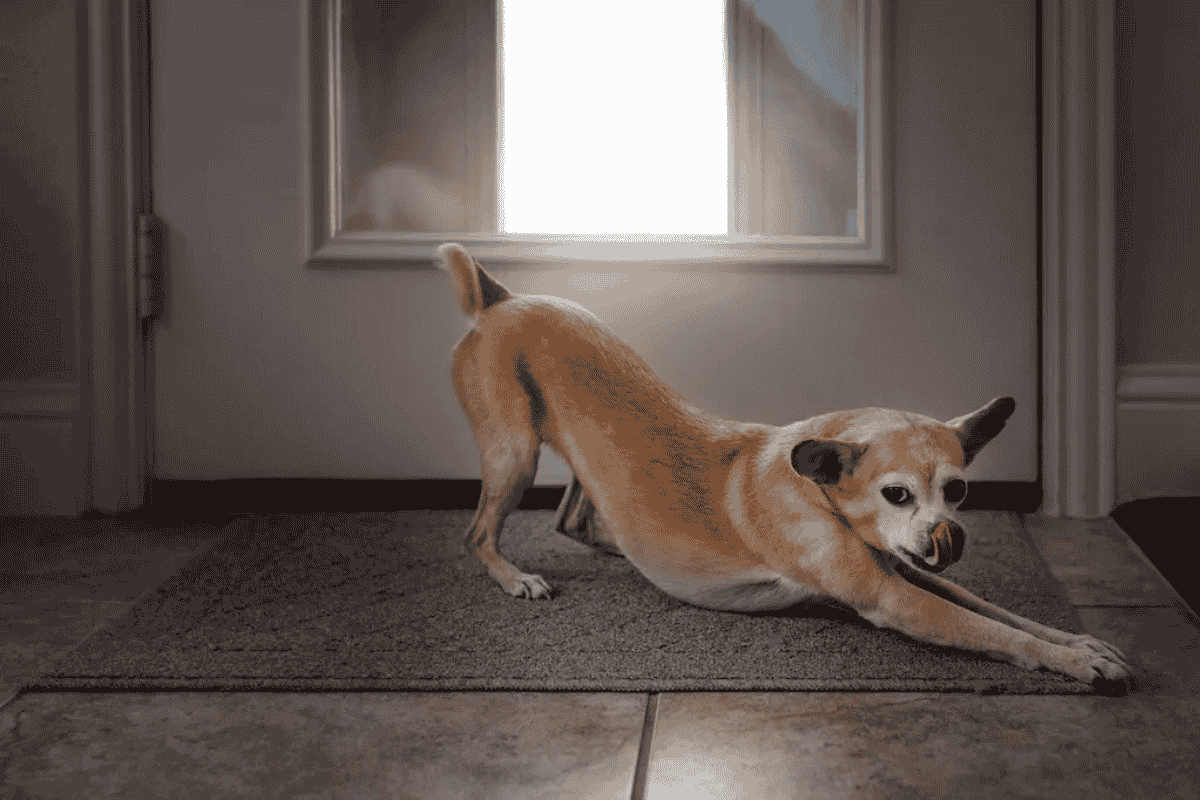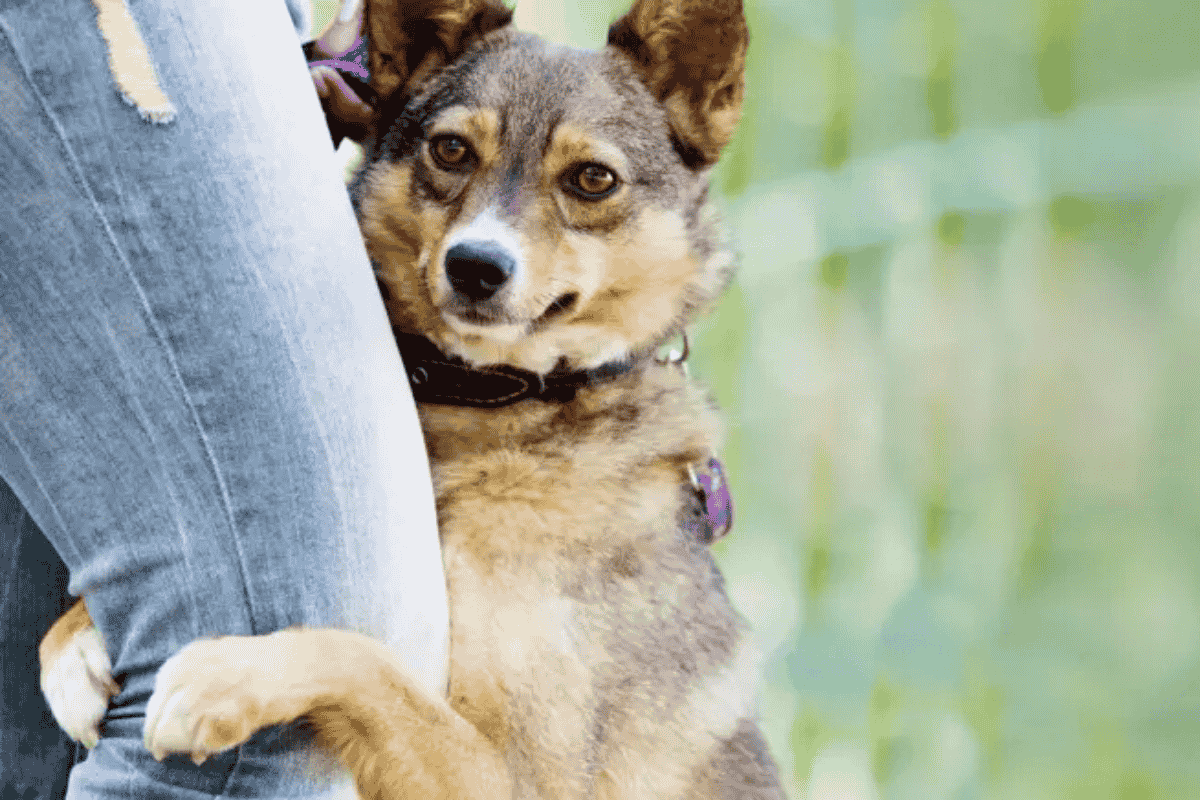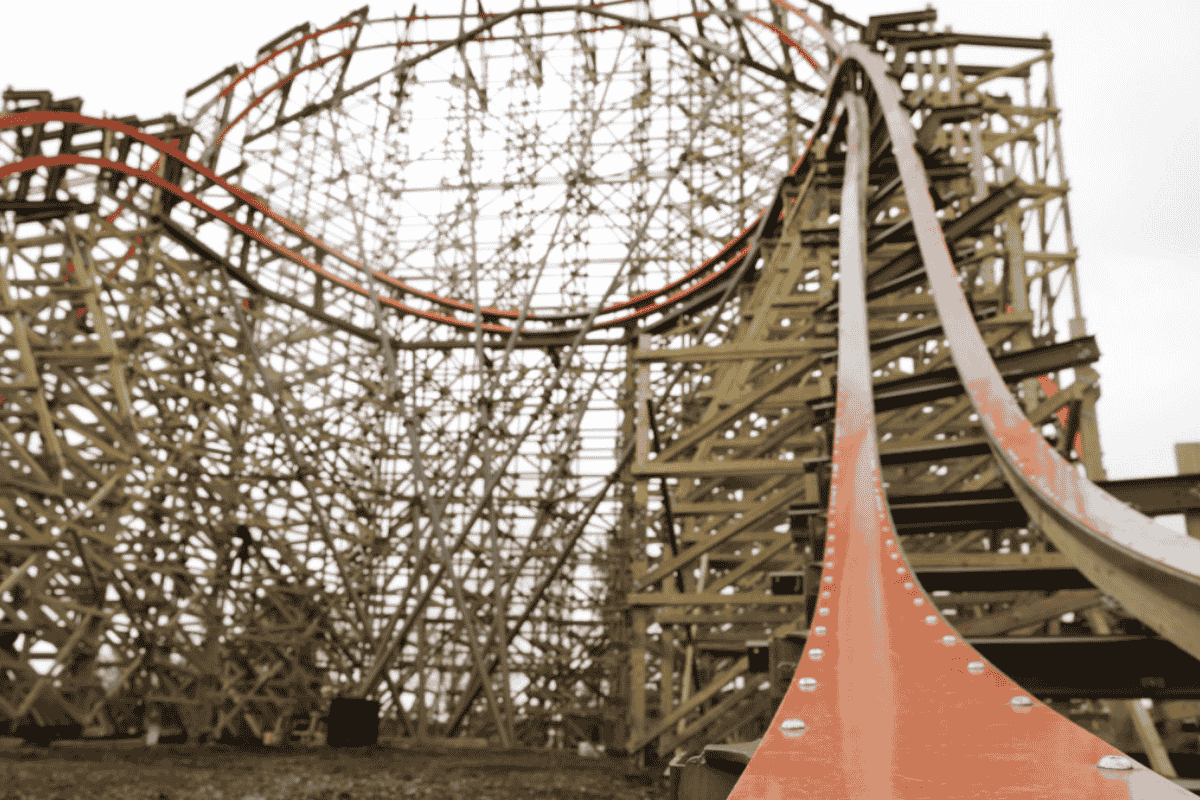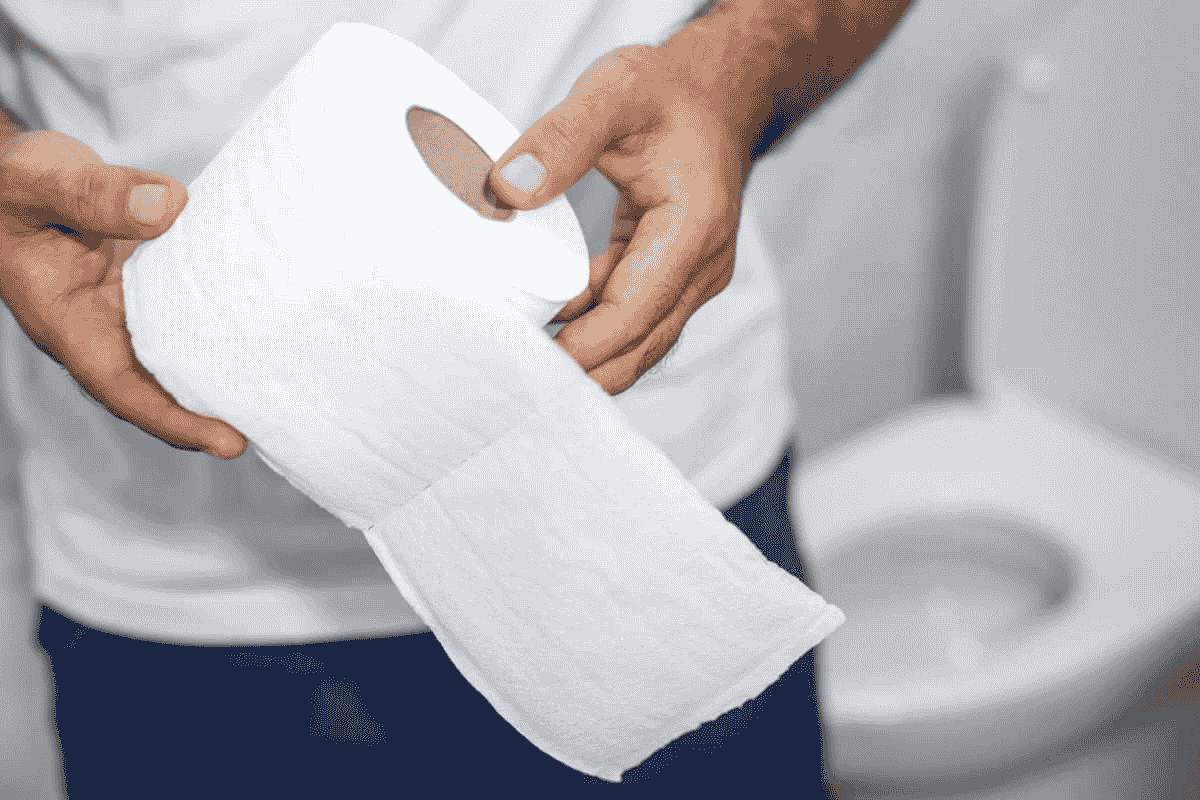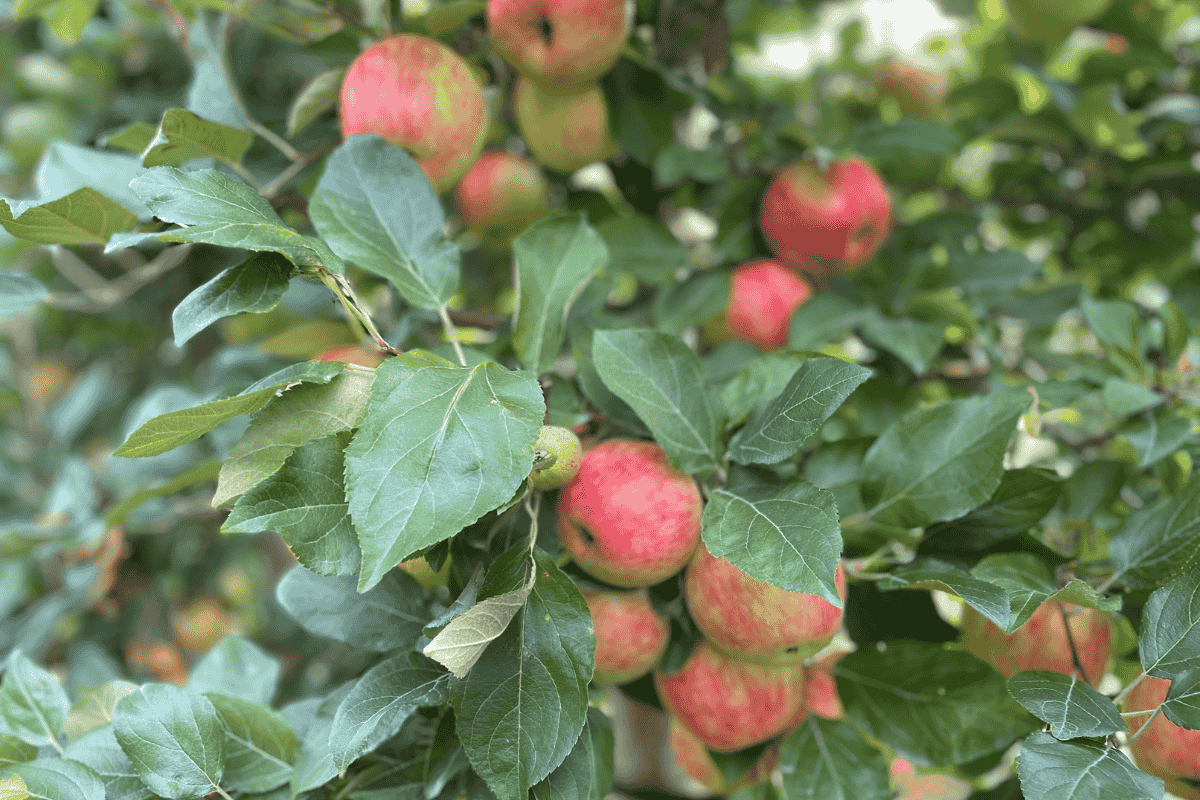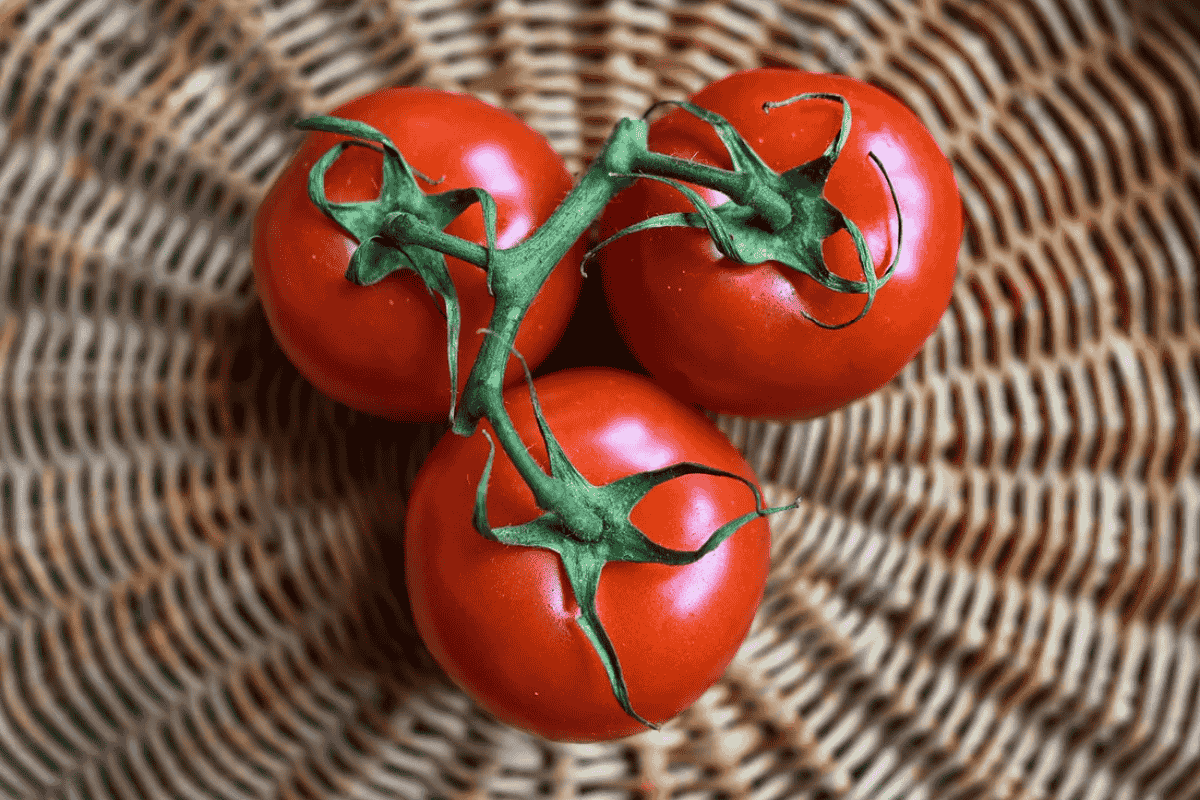Bringing home a new puppy is an exciting experience, but those sharp little teeth can quickly make things challenging. Biting is a normal part of puppyhood, but it’s important to understand why it happens, when it’s appropriate, and how to guide your puppy toward gentler behavior.
Why Do Puppies Bite?
1. Exploring the World
Puppies use their mouths to learn. By biting people, objects, and even other puppies, they gather information about texture, taste, and appropriate bite strength. The reactions they receive help shape their future behavior.
2. Teething
Between 12–16 weeks, puppies begin losing their baby teeth and growing adult ones. This process can be uncomfortable, leading to increased chewing and biting, often peaking around 13 weeks of age.
3. Play Behavior
Biting is also a form of play and a way puppies learn bite inhibition. Through play with other puppies, they discover that biting too hard ends the fun, teaching them to control their bite pressure.
Puppies often transfer this play biting to humans, so it’s up to us to teach them appropriate limits.
How To Get a Puppy To Stop Biting
If Your Puppy’s Chewing Your Belongings
- Provide plenty of exercise, mental stimulation, and downtime.
- Offer a variety of safe chew toys.
- Remove household items within reach and redirect chewing to toys.
- Praise your puppy when they chew appropriate objects.
If Your Puppy’s Teething
- Use teething-specific toys (e.g., N-Bone Puppy Teething Ring, Nylabone Puppy Chew Freezer Toy, Playology Puppy Teething Bone).
- Supervise play to prevent accidental swallowing of toy pieces.
If Your Puppy’s Biting You During Play
- Immediately stop interacting when your puppy bites. Step out of the area or use a gate to separate.
- Resume play only with toys.
- Repeat consistently so your puppy learns biting ends play, while toys keep it going.
Tips for Stopping Puppy Biting
Use Positive Reinforcement
Avoid harsh corrections—these can cause fear or defensive aggression. Instead, reward good choices and redirect inappropriate ones.
Provide Age-Appropriate Toys
Experiment with different toy types (rubber, rope, plush) to learn what your puppy prefers. Praise them for choosing toys over skin or clothing.
Enroll in Puppy Socialization Classes
These classes help puppies practice bite inhibition with peers, read body language, and develop healthy play habits in a controlled setting.
Nipping and Biting in Adult Dogs
Teaching bite inhibition early is crucial. If not addressed, puppies can grow into adolescents or adults with unsafe biting habits. If your dog with adult teeth bites hard enough to break skin or cause bleeding, and your training efforts fail, consult a professional such as:
- Certified Dog Behavior Consultant (CDBC)
- Certified Applied Animal Behaviorist (CAAB)
- Veterinary Behaviorist (DACVB)
